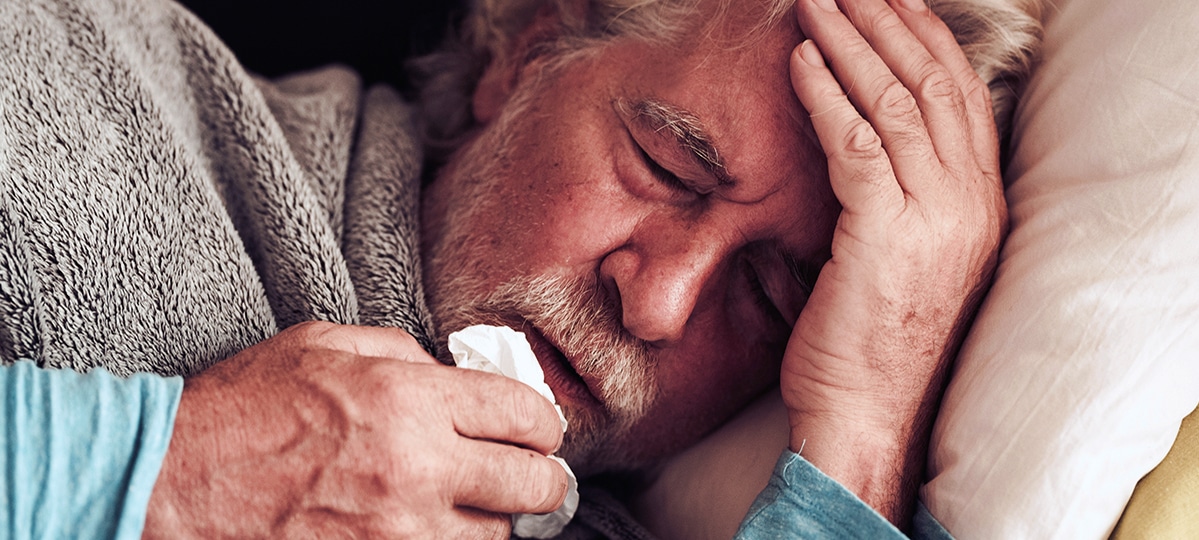Dental hygiene and proper oral care should undeniably be a top priority at every stage of life, irrespective of age. The impact of poor dental hygiene extends beyond oral health, significantly influencing our overall physical well-being. Nevertheless, as individuals age, adhering to regular oral hygiene practices may become more challenging.
It is crucial to recognize that maintaining optimal oral health is a lifelong commitment, and the support of family members and caregivers plays a pivotal role, especially for seniors. Aging individuals may face obstacles such as limited mobility, cognitive issues, or medical conditions that can hinder their ability to independently manage their oral care routine.
In order to address these challenges, family members and caregivers can actively contribute to making dental hygiene a steadfast priority for their loved ones. This involves providing not only physical assistance but also emotional support and encouragement. Implementing a collaborative approach ensures that the aging individual receives the necessary help without compromising their dignity or autonomy.
Why Dental Health Is Important Later in Life
1. The Connection Between Oral Health and Heart Health
According to research, there is a strong connection between oral hygiene and some heart conditions. Several studies have found that periodontal disease, which is caused by poor dental hygiene, can increase heart disease risks and exacerbate other existing conditions. Therefore, maintaining good dental hygiene as we age may help reduce the risk of strokes, heart attacks, or other heart disease conditions.
2. Dry Mouth (Xerostomia)
Many seniors suffer from dry mouth. This is not only due to age, but also many medications can cause dry mouth symptoms. Ensuring proper hygiene habits can help reduce symptoms of dry mouth and reduced saliva.
3. Lack of Proper Dental Hygiene Linked to Pneumonia
Poor dental hygiene leads to the accumulation of bacteria in the mouth. If these bacteria find their way into the lungs, it can lead to pneumonia. Proper oral hygiene helps combat bacteria and prevent pneumonia.
4. Severe Gum Disease May Cause a Spike in Blood Sugar
Although diabetes has been considered a risk factor for periodontal disease, new studies have revealed that the reverse might also be true. Severe gum disease can hinder the body’s ability to utilize insulin. To help prevent diabetes and gum infections, ensure proper and regular oral care.
5. Root Decay
When the teeth are exposed to acidic foods, it can lead to deterioration and root decay. Maintaining regular proper oral health is key for preventing root decay.
6. Oral Cancer
Research shows that oral and pharyngeal cancers are common in seniors. Preventative care through regular oral hygiene can help reduce the risk for oral cancer.
Ways to Improve Dental Health
- Make sure that teeth are cleaned twice a day using fluoridated toothpaste and a soft-bristle toothbrush.
- Seniors should also floss twice a day, but they can opt for an oral irrigator if they have agility and mobility issues.
- Make regular appointments with the dentist. If possible, have cleanings two times per year. Seniors with periodontal disease may need to see the dentist more often.
- Stop smoking or using tobacco. It increases the risk of tooth decay, gum disease, oral cancer and tooth loss and slows the healing process after undergoing dental procedures.
- Use an antiseptic mouthwash once or twice every day to rinse the mouth.
- Seniors with full or partial dentures, should take them out for at least four hours a day and clean them thoroughly.
- Drink plenty of fluoridated water.
- Consume a balanced diet high in dietary fiber and dairy products.




